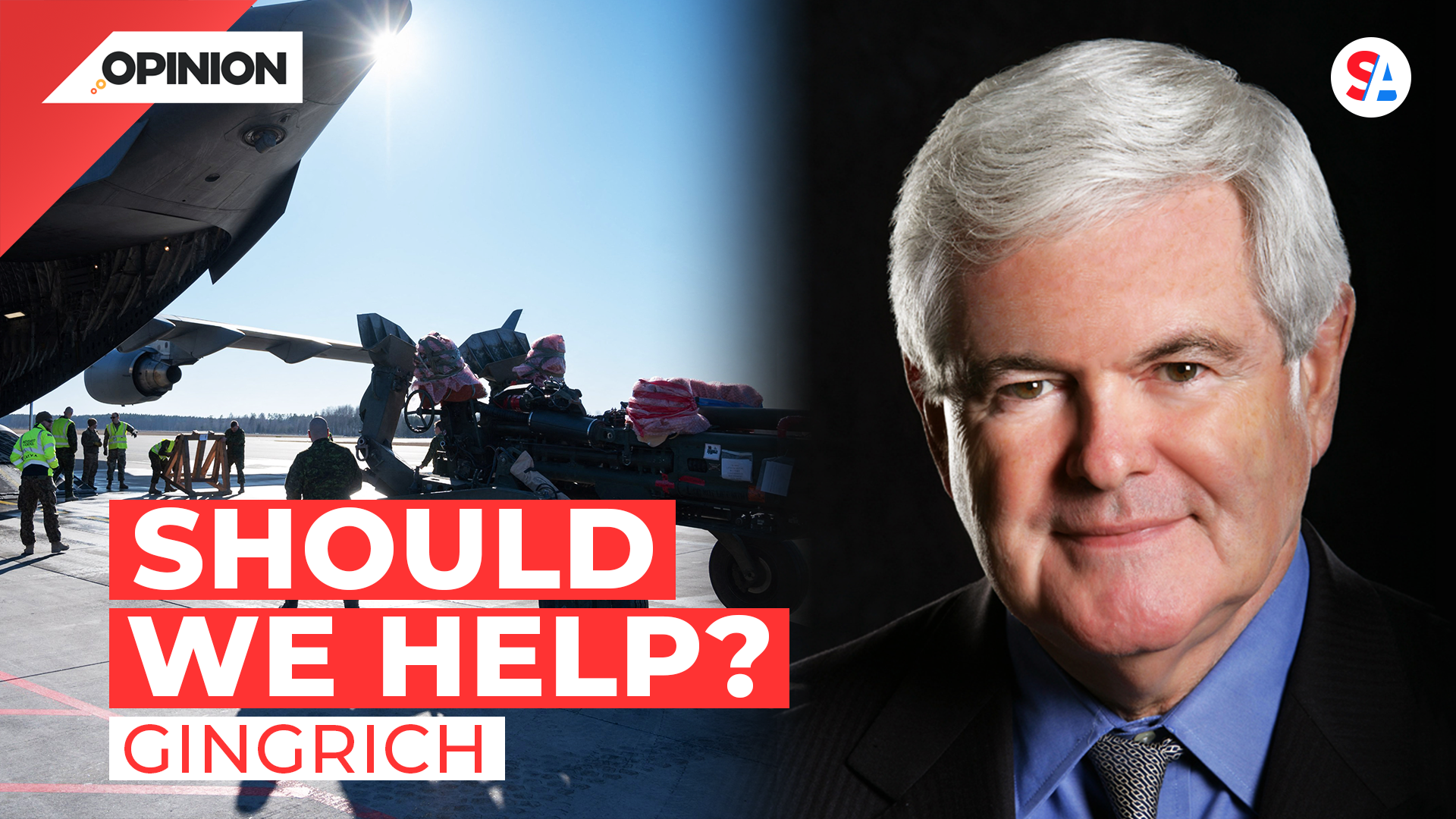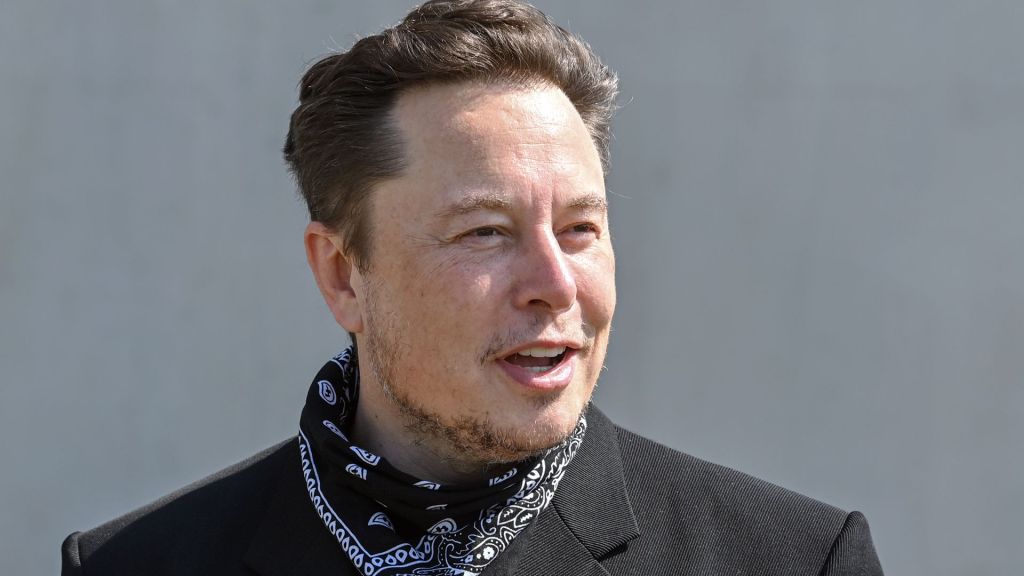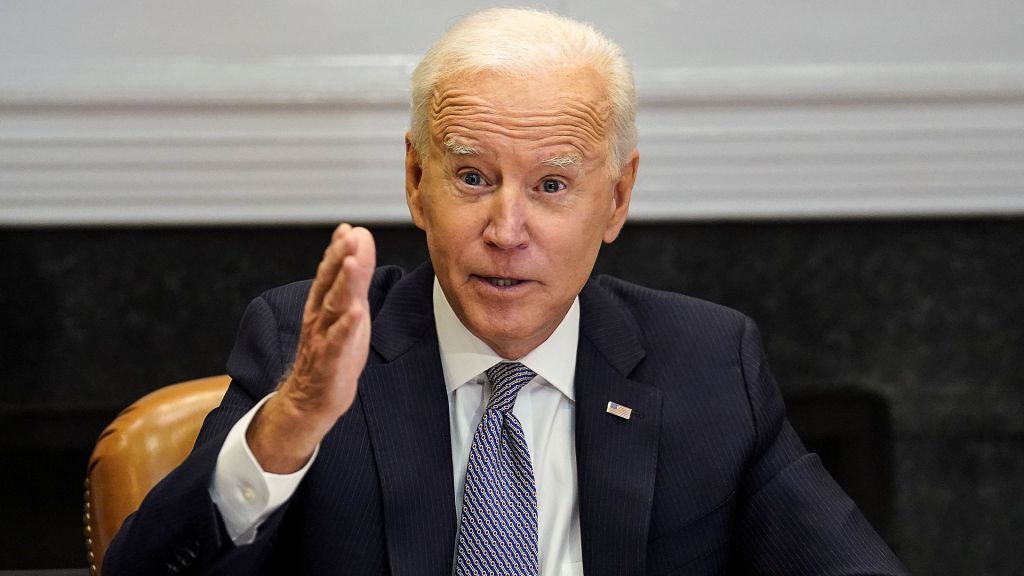
Commentary
-
Our commentary partners will help you reach your own conclusions on complex topics.
The emerging debate on whether or not to continue helping Ukraine is really, really important. There really kind of three factions. One faction says no matter what, we have to stop Russia, because we don’t stop Russia and Ukraine. Next will come Poland or Estonia, Latvia, Lithuania. The second faction says, Well, I’d like to help the Ukrainians but I saw distrust the Biden administration, I think the Defense Department bureaucracy is so incompetent. And I think the level of corruption in Ukraine is so great, that I’m not sure it’s a good thing to do, even though I’d like to do it. The third group says, it’s a long way off. It’s a war we’re not involved in. Why is that in our interest? Why don’t we keep the money here at home, those three factions are going to be debating over the next six months. And it’s one of the most important debates in modern America. I belong to the group that grew up in the shadow of World War Two. We believe that failing to stop Hitler, and Mussolini and the Imperial Japanese led to a worldwide war. We also believe that we had no choice except to contain the Soviet Union through a Cold War, which lasted from 1946 to 1989. So we had 43 years of Americans are maintaining a worldwide defense system against an empire that was threatening to occupy the whole planet. Now we’re at a place where you have to ask yourself, let’s say the we allow the Ukrainians to lose. Does Russia then sit on the Polish border and for how long before they decide that they want Poland back to? Or if we in fact, decided we’re going to help them? Do we help them justify to a tie? What do we help them to actually win? Which would mean pushing Russia back? I think this debate is really important worth you’re paying attention to, it’s not going to go away. And over the next six months or a year. We’re going to sort out America’s role in the world in a very important way.
-
Biden’s foreign policy riddled with errors and misfortune
President Biden entered office with a promise to repair the damage inflicted by former President Trump on the international stage. He vowed to prioritize values like democracy and human rights while also aiming to end the “forever wars” in Afghanistan and the Middle East. Yet, some critics argue that U.S. foreign policy has been marked…
-
Illegal immigrants want to invade and occupy your home
Illegal immigrant Leonal Moreno recently posted an instructional video on TikTok guiding fellow immigrants on how to leverage U.S. squatting laws to safely occupy abandoned homes. Moreno said that his goal is to avoid having to become a “public burden” to U.S. taxpayers by finding his own shelter in abandoned places. Some viewers, however, perceive…
-
Americans should not have to pay to rebuild Key Bridge
The collapse of the Key Bridge in Baltimore represents a major setback for the Port of Baltimore and the entire East Coast highway network. Although the debris removal may be completed within a few weeks, the reconstruction process will be both time-consuming and expensive. Some estimates suggest the cost could exceed $1 billion. So who…
-
White rhino IVF pregnancy breakthrough could save species
In February 2024, a controversial ruling by the Alabama Supreme Court prompted some health care providers in the state to halt their in vitro fertilization (IVF) programs, sparking division among Republicans. The Republican-led Alabama Legislature quickly worked to address the issue and protect IVF, resulting in the Republican governor signing a bill into law protecting…
-
Biden should approve Israeli invasion of Rafah
Recent debates on the Israel-Hamas war have focused on a looming invasion of Rafah at the southern end of the Gaza Strip, where many Palestinian survivors have fled following the total destruction of northern Gaza. Advocates of the Rafah invasion contend that Hamas cannot be eliminated without an invasion and occupation of Rafah. Opponents warn…
Latest Opinions
-
 AP Images
AP Images
Argentina asks to join NATO as Milei looks to enhance security, strengthen ties
-
 Getty Images
Getty Images
Utah students protest 'furries,' school admin deny problem
-
 Reuters/Jane Rosenberg
Reuters/Jane Rosenberg
Trump’s ‘hush money’ trial: Legal experts debate name coined by media.
-
 AP Images
AP Images
Black Chicagoans feel neglected as millions funneled to migrant crisis
-
 Envato
Envato
Congress wants to curtail ‘judge shopping.’ Can it act before the election?
Popular Opinions
-
In addition to the facts, we believe it’s vital to hear perspectives from all sides of the political spectrum.


